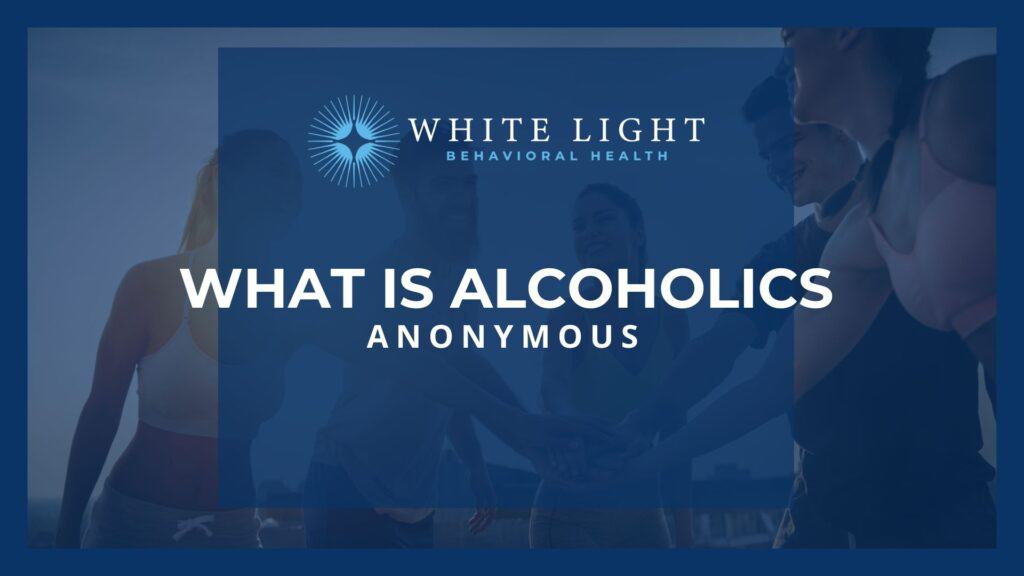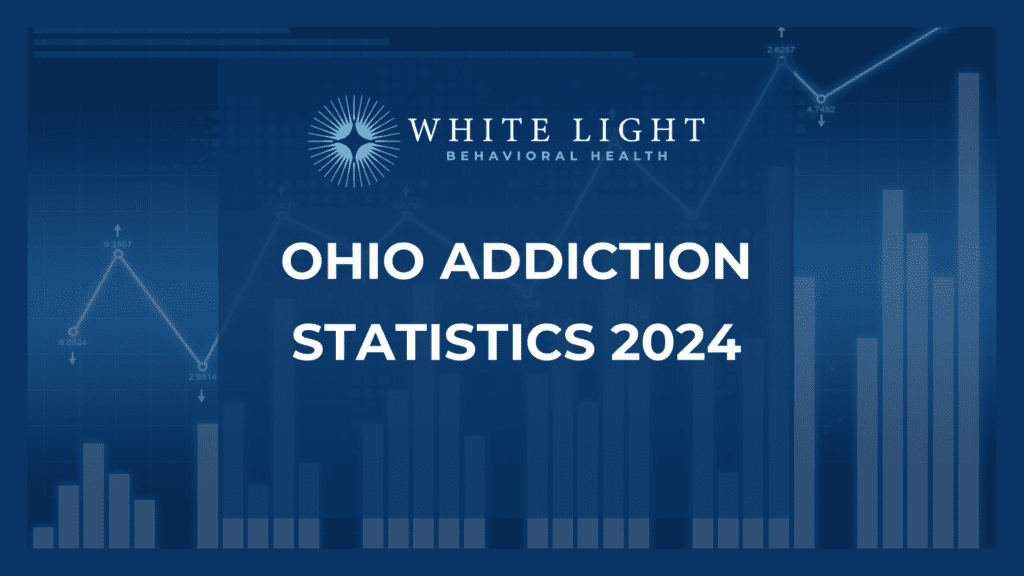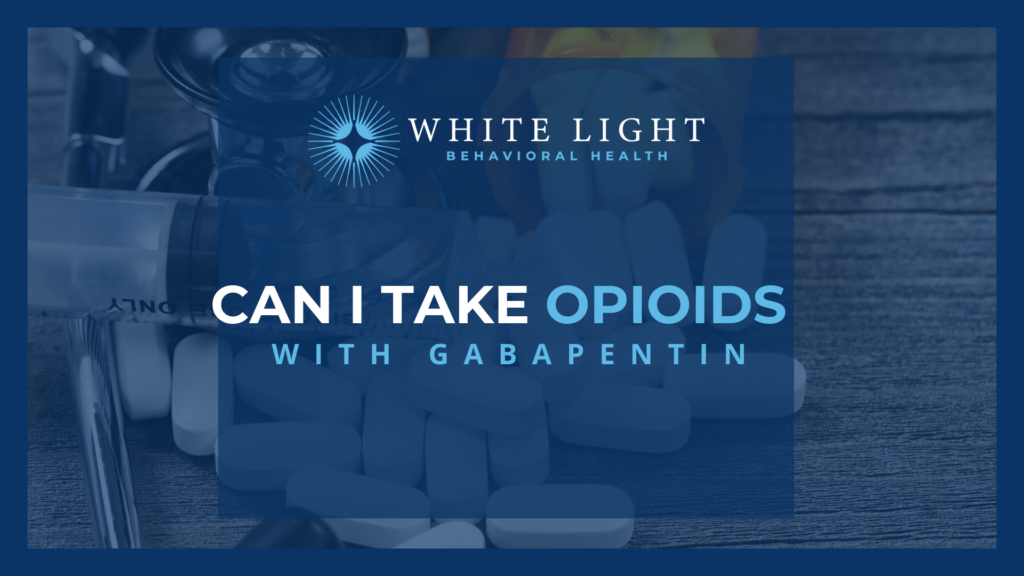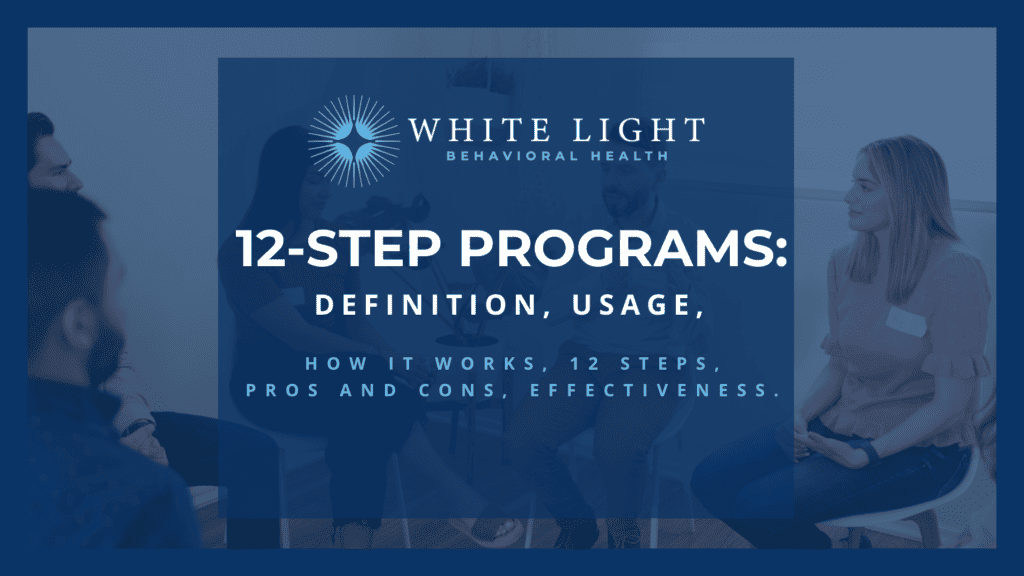The discovery that you or someone you love is struggling with an alcohol use disorder often leads to a search to find the right type of program to support sobriety. Alcoholics Anonymous has an estimated count of nearly 2,000,000 members worldwide according to the General Service Office of Alcoholics Anonymous published in December 2021. Alcoholics Anonymous is widely recognized for helping people begin to enjoy a sober lifestyle.
Although the program might have worldwide recognition, people still tend to have many questions about Alcoholics Anonymous and the Twelve Steps, which members are encouraged to follow. Taking a look at how AA became a popular alcohol cessation program, along with what the Twelve Steps involve, can help you determine if you might be able to use this recovery group to help you get sober.
When Did Alcoholics Anonymous Begin?
Alcoholics Anonymous has a longstanding history that begins with its origination in 1935. It wasn’t until 1956 that the American Medical Association classified alcohol use disorder as an actual disease, and AA was at the forefront of helping people get sober.
Back in 1935, a New York stockbroker named Bill and a surgeon named Bob formed the group out of a desire to help themselves and others with overcoming their use of alcohol. In 1939, the fellowship published the book “Alcoholics Anonymous,” which included the Twelve Steps of Recovery and is still in use today.
How Do the Twelve Steps Work?
The Twelve Steps aren’t designed to be a magical formula that automatically grants you sobriety once you’ve done them all. Instead, they are meant to serve as a guide that helps address the physical, mental, and emotional aspects that influence your drinking habits.
When you participate in AA’s Twelve Steps recovery program, you’ll focus on working your way through each of the steps to address the underlying reasons for your alcohol use disorder. The steps are designed to help you find strength from within yourself along with the support of others who understand what it is like to struggle with alcohol.
The wording of AA’s Twelve Steps can vary somewhat from one program to the next, but they each encompass the general purpose of the original Twelve Steps of Recovery. Taking a look at these steps can help you see how they can help you embark on a journey of sobriety that lasts a lifetime:
- Admit powerlessness over alcohol.
- Believe a higher power influences your life.
- Decide to turn your will and control over to the higher power.
- Conduct a thorough moral inventory of yourself.
- Admit to a higher power, yourself, and another person the nature of any wrongdoing.
- Be ready for a higher power to help correct any character defects.
- Ask your higher power to remove any shortcomings that hinder your progress.
- Make a list of anyone you have harmed and prepare yourself to make amends.
- Begin making direct amends whenever it’s possible to do so without causing harm.
- Continue to take personal inventory and accept responsibility when wrongs are found.
- Seek contact with a higher power to gain and carry out a greater sense of self-purpose.
- Carry out the message of recovery to others while continuing your practice of sobriety.
Is AA and the Twelve Steps Effective for Treating Addiction?
There are many different therapies available to choose from for initiating your recovery from an alcohol use disorder. Some people prefer medication-assisted therapy to help them through the physical withdrawal symptoms of ending their reliance on alcohol. Others may need family therapy to address issues that their alcohol use generated among the closest people in their lives.
Alcoholics Anonymous can work with other forms of therapy, or you can use it as a stand-alone treatment. It was found that their Twelve Steps program is at least as effective as other interventions and 60% more effective than the success rates of people who tried to stop drinking on their own according to Mandy Erickson in Stanford Medicine published in 2020.
Choosing to begin your recovery with a defined roadmap to follow can help eliminate any confusion you may feel when you first begin sobriety. People who opt to surround themselves with support also tend to have higher rates of success when it comes to preventing relapse. In your Twelve Steps program, you’ll be able to meet other people who you can turn to when you struggle with cravings or experience a new personal challenge that you might’ve once handled by turning to alcohol.
What Are the Benefits of Using the Twelve Steps for Recovery?
There are many reasons why Alcoholics Anonymous has been around for more than 85 years, and knowing about some of the top ones can help you decide if their Twelve Steps program will work best for you. Keep in mind that the benefits you enjoy depend upon your commitment and participation in the program. But, prioritizing your meetings and personal progress is easier when you’re enjoying these important benefits.
Create a New Routine That Supports Sobriety
Alcohol use disorders tend to take up a lot of a person’s time. The amount of time that you spend drinking, recovering from a hangover, and procuring alcohol can add up. A study by Kitzinger RH Jr published in the National Library of Medicine in 2023 shows that people in recovery tend to have 16 to 18 hours of extra free time available each week. Having meetings to attend can help you fill those free hours with wholesome activities that support sobriety and prevent boredom.
Address Feelings of Loneliness and Isolation
Ending an alcohol use disorder may require leaving behind a few close people in your life. Spending time with people who aren’t ready to get sober puts your sobriety at risk, but that doesn’t mean that you have to spend your time alone. Joining a program instantly gives you a support group of people who understand where you’ve been and the reasons why you’ve chosen to get sober.
Gain Access to Aftercare Support in Your Community
Once you complete your treatment program, your journey continues when you return home. You’ll have plenty of support from your care team in creating an aftercare plan that helps you avoid relapse. Since several 12-step programs are available throughout many communities in the United States, you’ll often be able to find one near your home that helps you maintain momentum as you work on staying sober.
Reinforce Your Sobriety By Serving as a Sponsor
The first few steps of the Twelve Steps are meant to help you focus on becoming a stronger person in sobriety as you address any shortcomings that you have and make amends to those you might’ve hurt along the way. Once you reach the later steps in the program, you will need to shift to using what you’ve learned to help someone else.
For many people, the opportunity to become a sponsor serves as motivation for staying sober. While becoming a sponsor isn’t a requirement of the program, it may feel good to know that you can help someone else one day. Even if you simply share your story in a group meeting, you never know when your experience might be the support someone needs to decide to continue working on their sobriety.
Who Can Benefit From Attending a Twelve-Step Program?
Around 18 million adults have an alcohol use disorder, and the number rises to 29.5 million when you take into account people ranging in age from 12 to 18 according to a Medline Plus and the National Library of Medicine. You might be part of this number if you find that you struggle with strong cravings for alcohol and often drink more than you intend on a given day.
You could benefit from attending a 12-step program if you are ready to admit that you’ve lost control over your drinking habits and you have a strong desire to get sober. People who have experienced problems in their relationships or at work could also benefit from professional treatment and group-based therapy.
The ideal way to find out if you can benefit from a treatment program is to seek a professional assessment of your drinking habits and overall mental and physical health. Since personalized care is an important factor in people’s success in recovery, it helps to work alongside professionals who can guide you to the most effective forms of treatment for your alcohol use disorder.
Can You Work the Twelve Steps in a Treatment Center?
For many people, it is necessary to seek professional help with recovering from an alcohol use disorder. Abruptly quitting alcohol can lead to withdrawal symptoms that can turn serious within the first 24 to 48 hours, and they can include seizures and other health conditions that require prompt medical intervention according to Newman RK, Stobart Gallagher MA, Gomez AE. Alcohol Withdrawal report updated in 2023.
When you enter a treatment program, you’ll be provided with an assessment that helps identify your best options for getting care. If you have a preference for working the Twelve Steps of AA, then simply let your care team know. Making sure that the program you enter offers a 12-step type of treatment also ensures that you’ll have this option available from the very start of your stay.
How Do You Begin a Twelve-Steps Program?
Most 12-step programs are open to anyone who has a genuine desire to end their alcohol use disorder. While you could attend a program in your area, you may need to start with a stay in a professional treatment center that offers the AA Twelve Steps as an option for getting sober. Combining professional treatment with this Twelve Steps program gives you immediate help with developing strategies for sobriety that you can build on as you work the steps.
At White Light Behavioral Health, our team believes that the best forms of treatment are those that you can continue to use after your initial stages of recovery are complete. When you acknowledge that you need help managing an alcohol use disorder, you’ve already begun to work on the first step. Now, all you need to do is reach out to begin working with a professional team of care providers who all understand the basic tenets of the AA Twelve Steps program along with how to give you support that makes it possible to work at and succeed at each step.
What is the purpose of Alcoholics Anonymous (AA) 12 Steps?
The purpose of Alcoholics Anonymous (AA) 12 Steps is to provide a structured approach for individuals struggling with alcohol addiction to achieve and maintain sobriety. These steps offer a framework for self-reflection, personal growth, and spiritual development, ultimately guiding members toward recovery and a healthier lifestyle.
Who started Alcoholics Anonymous (AA)?
Alcoholics Anonymous (AA) was founded in 1935 by Bill Wilson and Dr. Bob Smith, two individuals who struggled with alcohol addiction themselves. Their shared experiences led them to develop the principles and practices that form the foundation of the AA program. They Started Alcoholics Anonymous with the primary goal of helping others achieve sobriety.
How does Alcoholics Anonymous (AA) define a “higher power”?
In Alcoholics Anonymous (AA), a “higher power” is broadly defined as a spiritual entity or force that individuals can interpret according to their personal beliefs. It doesn’t necessarily have to conform to any specific religious doctrine but serves as a source of strength, guidance, and support for individuals working through the 12 Steps.
Can someone participate in Alcoholics Anonymous (AA) without adhering to a specific religious belief?
Yes, participation in Alcoholics Anonymous (AA) does not require adherence to any specific religious belief. The program is inclusive and welcomes individuals from all religious backgrounds and those who identify as agnostic or atheist. The emphasis is on personal spirituality and finding a higher power that resonates with each individual’s values and beliefs.
How do Alcoholics Anonymous (AA) meetings operate?
Alcoholics Anonymous (AA) meetings typically follow a structured format that includes sharing personal experiences, discussing the 12 Steps, and offering support to fellow members. Meetings may be open (welcoming to anyone) or closed (limited to individuals with a desire to stop drinking). They are usually led by group members, with a focus on anonymity, confidentiality, and mutual respect.
What role does sponsorship play in Alcoholics Anonymous (AA)?
Sponsorship is a fundamental aspect of Alcoholics Anonymous (AA), where an experienced member (sponsor) provides guidance, support, and accountability to someone newer in the program. Sponsors share their experiences and help newcomers navigate the 12 Steps, offering encouragement and assistance in maintaining sobriety.
How does Alcoholics Anonymous (AA) support its members outside of meetings?
Alcoholics Anonymous (AA) offers various resources and support mechanisms to its members outside of meetings, including phone support networks, literature such as the “Big Book,” and online forums. Additionally, members often form informal networks and social circles to provide ongoing support and encouragement in their journey toward recovery.
What are the key differences between Alcoholics Anonymous and Narcotics Anonymous, and how do individuals decide which program is best suited to their recovery needs?
When considering AA vs NA, the key difference lies in the primary substance addressed: AA focuses on alcohol addiction, while NA addresses a broader range of narcotics. Individuals choose based on their substance abuse history and personal preferences for support methods.
How long has Alcoholics Anonymous (AA) been around?
Alcoholics Anonymous has been around since its founding in 1935, making it one of the oldest and most well-established mutual aid organizations for individuals recovering from alcohol addiction. Over the years, AA has grown into a global fellowship with millions of members worldwide, with meetings held in nearly every country.

Share This Post



